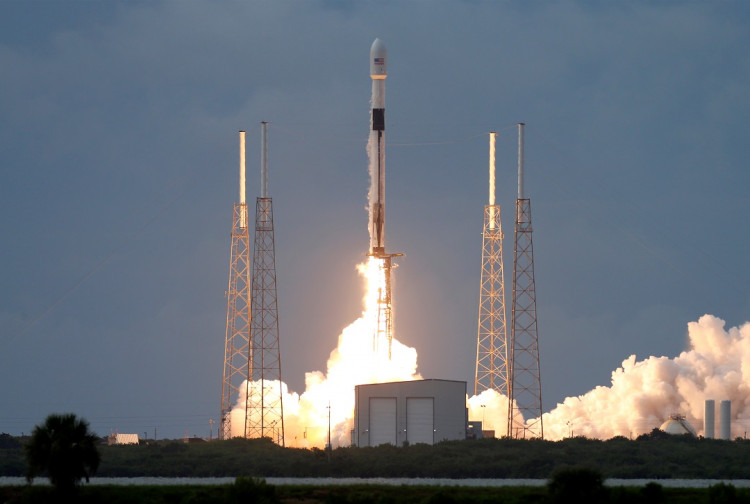A lull in launches is never a good thing, but SpaceX's next Falcon 9 rocket launch has been pushed back from October to November. There was a hint as to why the delays kept happening, but no official reason had been announced. Depending on when the Elon Musk-helmed company finally resumes, it could have easily spent more than a quarter of 2019 between launches.
SpaceX's most recent launch had been on Aug. 4, which marked the company's tenth orbital launch this year. By now, it's safe to say things have been rather quiet in the commercial launch business side of the company. Sure, there were Falcon Heavy Launches in April and June, and in May, its first dedicated Starlink launch took place. Apart from those, nothing else happened that would make this year's calendar full.
Even SpaceX COO and President Gwynne Shotwell agrees. Last month, the exec admitted that 2019 has been quieter than the years 2017 and 2018, but she says that's just because customers aren't ready yet. The satellites SpaceX's paying customers have contracted launches for simply aren't ready for flight.
Over the last two and a half years, SpaceX has reached the point wherein they are way ahead of manufacturing commercial satellites than the demand. It seems that the Aerospace outfit can launch them faster than the industry can build them.
SpaceX: expect to launch 7-8 more times this year. This is first year we’re ready before customers; why some launches slipping into 2020. “Hopefully” flying crew this year. #WSBW — Jeff Foust (@jeff_foust) September 10, 2019
While huge geostationary satellites are still a thing and make up most of the global launch market, annual orders for these massive satellites experienced its lows in 2017 and 2018. Not only are they super expensive, often reaching nine figures, but they're also incredibly heavy.
SpaceX has clearly noticed this market behavior. They have since paved the way for smaller satellites, be it geostationary orbits or low Earth orbits, or even interplanetary ones. Smaller satellites are considered the future and are becoming largely considered by companies keen on commercial spaceflight.
SpaceX's Starlink, which initially planned to build a constellation of 12,000 satellites in LEO, was recently expanded to 42,000 satellites-which would be equivalent to five times the number of all the Earth-orbiting objects humans have ever launched into space. A large number of proposed satellites might also be to ensure seamless global coverage that can provide high data rates and increased reliability.






